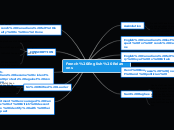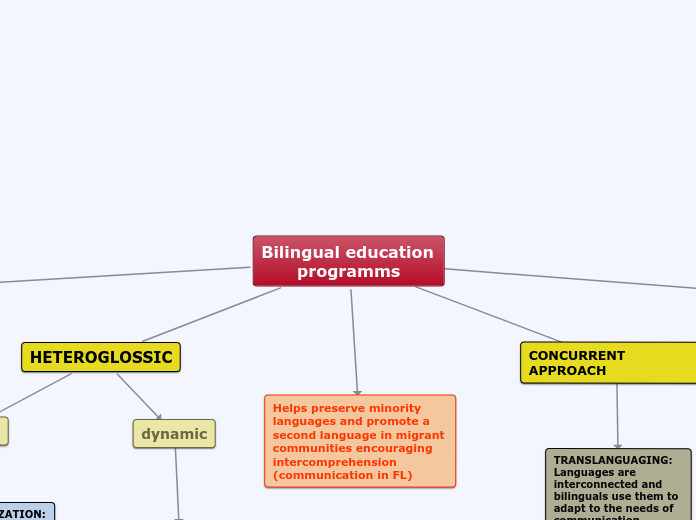af Zahra Kazmi - Rick Hansen SS (2542) 6 år siden
173
History Assignment
During the early 20th century, tensions between French and English Canadians intensified, particularly surrounding issues of conscription and cultural assimilation. French Canadians, led by figures like Henri Bourassa, sought to maintain their cultural identity and opposed conscription, which they saw as an imposition by the English-speaking majority.









